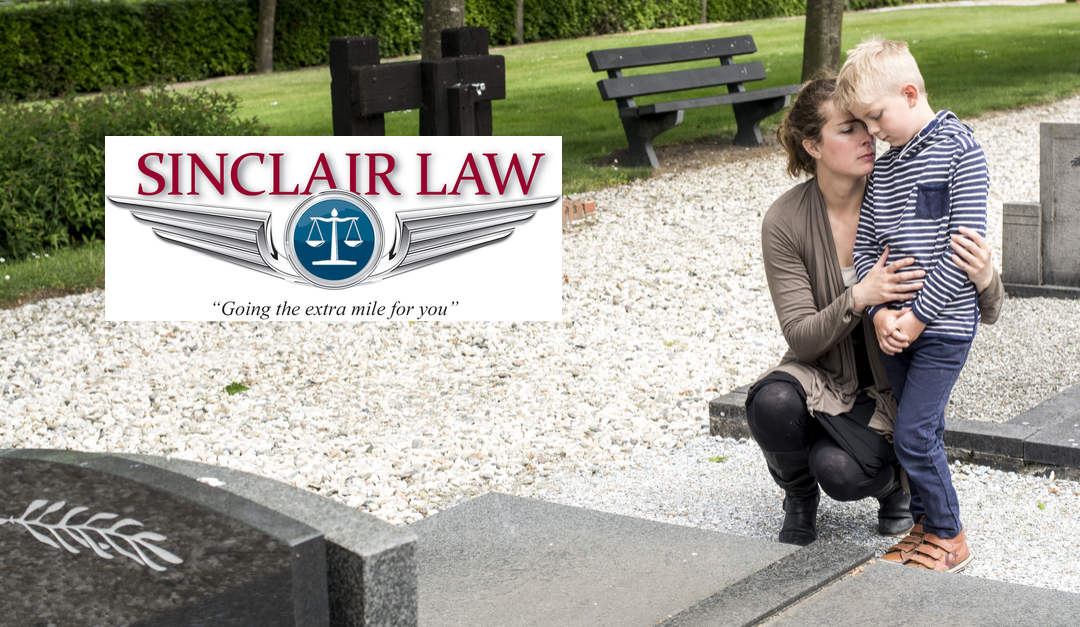In the first part of this series, we discussed the basics of Florida’s Wrongful Death Act, who can file a claim and the limitations placed on what parties are entitled to recover damages. In this article, we will continue our exploration by delving into what damages can be recovered within the boundaries of Florida law and the limits and restrictions placed on them.
Before any damages can be sought there are four criteria that must be met. There must be:
- Proof of duty
- Breath of duty
- Damages proven
- Causation established
There are two categories of damages that are allowed under Florida: those that are payable to the survivors of the decedent and those that are due to the deceased’s estate itself.
Damages That Can Be Sought by Wrongful Death Survivors
Under Florida law, a survivor is defined as a:
- Spouse
- Child
- Parent
- Other relatives
Whether other relatives are entitled to damages is dependent on proving that they received support from the deceased, and the status of children born outside of wedlock depends on which parent the child belonged to and if that child was somehow recognized. This is covered in more detail in our first article on wrongful death law.
The damages that they are legally permitted to seek in a wrongful death lawsuit may include:
- Reimbursement for medical expenses from the time of injury
- Funeral expenses paid on the deceased person’s behalf
- Compensation for the lost support and services of the decedent (the value of future support and services is reduced to present value)
There are further damages that can be sought by specific survivors. A surviving spouse may ask for compensation for the loss of the deceased’s companionship and protection as well as for their own mental pain and suffering.
Minor children, those under the age of 25 as defined in the Wrongful Death Act, may seek damages for the loss of parental companionship, instruction, guidance, and again their own mental pain and suffering.
If both spouses die within 30 days of each other as a result of the accident then all of their children, regardless of age, are entitled to the full compensation allowed a surviving child.
In cases involving the loss of a child, parents may be allowed to seek pain and suffering but that will depend on the age of the child, their marital status and the makeup of the total group of survivors.
Damages Available to the Deceased’s Estate
The deceased person’s estate may be eligible for lost earnings or lost prospective net accumulations of the estate, depending upon the circumstances. It will also be permitted to seek compensation for any medical and funeral expenses which have been paid by or are due from the estate itself.
For the purposes of a wrongful death case, net accumulation is defined as the decedent’s lost wages or potential earnings including any personal or pension benefits. However, this number will be reduced by factoring in personal income taxes, expenses and the amount the court perceives they would have spent supporting their survivors if they had lived to the current life expectancy for their demographic group.
Calculating the actual value of the damages that are due in a wrongful death suit can be a very complicated procedure requiring the expert advice of accountants, tax specialist, actuary experts and a fully qualified Florida personal injury lawyer. If you have suffered the loss of a loved one and live in the Melbourne, FL, area, contact Sinclair Law. They are there to lend you a helping hand and assure that your rights under the law are fully protected. Sinclair Law, going the extras mile for you.

